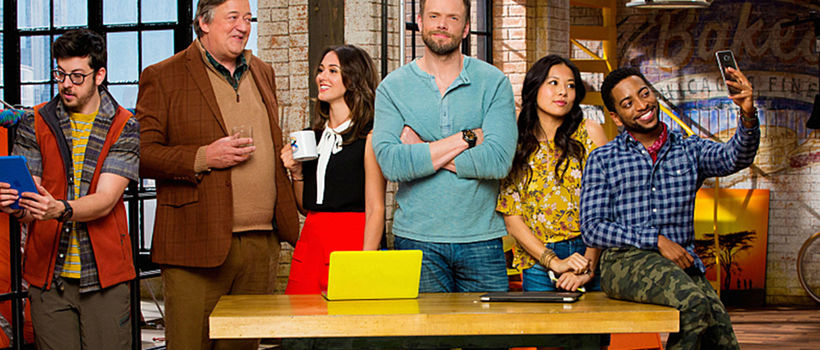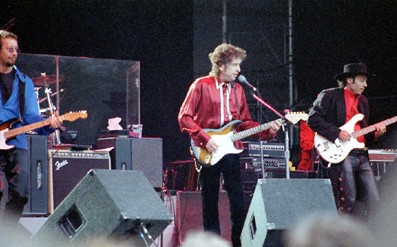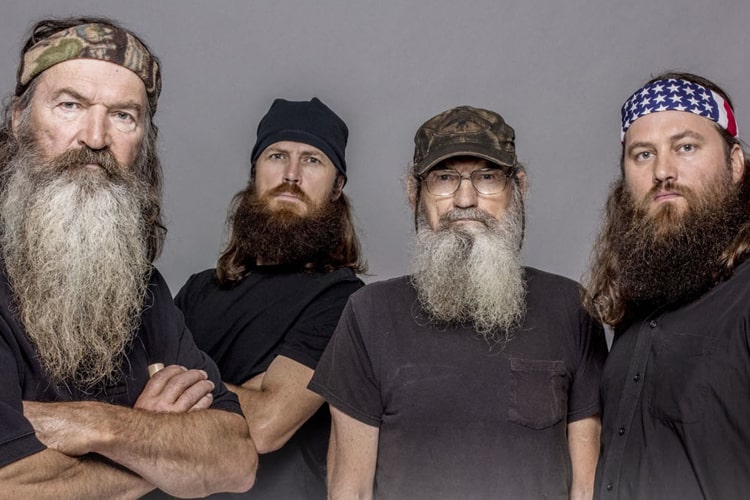
- Share
- Facebook 877
- Twitter 0
Narcissistic. Lazy. Self-absorbed.
Entitled dreamers who think they know, and can be, anything they want.
If you’ve spent a minute on this thing called the internet, there’s a good chance you’ve seen these “definitions” of millennials. Bashing millennials in the media has become pretty popular. You don’t have to look far to notice this phenomenon. Between think pieces that retrace the same stereotypes over and over again and most recently, Joel McHale’s new show ‘The Great Indoors’, assumptions about Millennials dominate the public conversation surrounding this generation.
In McHale’s show, Millennials can’t put their phone down, they skateboard into open floorplan offices at noon and they basically inhale cold brew.
But have we gone too far with these frequently mentioned, oft scoffed at, generalizations of who and what millennials are?
Is our collective goal to actually understand and connect with millennials? Or do we simply want to turn them into a hipster satire that is ruining everything good in this world?
The danger of generational stereotypes
First off, all those negative terms I listed at the top of this article—narcissistic, entitled, etc. were not terms used to describe millennials originally. No, they actually came from a New Yorker essay called “The Me Decade,” written in the ‘70s. The author was lamenting about these new upstarts called Baby Boomers who were ruining everything.
Bashing the trends and opinions of “kids these days” as the fundamental problem to society has been around since society began.
Maybe the biggest problem with millennials is that we keep talking about the largest, most diverse generation in history as if we have the one definitive definition.
Maybe it’s not entitlement, narcissism or laziness that is expanding the chasm between the generations these days.
Maybe the generational chasm is growing because of all these misguided stereotypes.
We’re all a little narcissistic in our 20s.
Recent studies like this one have shown, every generation in the last 40 years is more narcissistic in their 20s than their elders. And millennials are not more narcissistic in their 20s than Gen X and Boomers were in their 20s.
Makes sense, right?
In your 20s, you’re making life defining decisions as you wrestle with who you are and what you want.
So you’re looking inward and focusing more on yourself than later in life when you’re more secure in your identity and place in this world and looking at giving back to others.
Millennials just have more opportunities to showcase their narcissism to the entire world through social media as they battle with what I have defined as a different kind of OCD: Obsessive Comparison Disorder.
Millennials become what you label them
We need to stop throwing out the same tired buzzwords to define the “millennial problem.”
There are 1.3 billion millennials in the world. That’s like taking the United States and China and replacing every person currently living there with a millennial. Each of these “millennials” are complex, diverse, unique individuals.
If you think millennials are entitled, then you’re going to continually look at millennials through that lens. Your perception will define your reality. You won’t look for examples of self-sacrifice or hard work because that would be contrary to the truth you already “know.”
Millennials, just like every generation, have grown up in a wide array of circumstances and backgrounds specific to this time in history. They’re going through a real struggle of transition, and there are some shocking statistics about what millennials are actually struggling with.
So how do we move beyond stereotypes and spoofs to actually bridge the generational understanding gap towards healthy, productive, edifying relationships between generations, especially in the church where we’re supposed to have actual community with one another?
Changing the Cultural Conversation.
Boomers, Gen X and millennials need to come to the table and have open, honest conversations.
Millennials need to forget about having all the answers, and be open and vulnerable to learning from those who have gone through certain life changes before them.
Parents, bosses, pastors—remember when you were anxious about the future and overwhelmed with doubt? When you were barely getting by yourself and struggling to find your place?
Leaders need to engage millennials with authentic, transparent communication. The age of the superhero leader without flaws is dead. Millennials don’t need superhumans to tell them what is wrong about their values or lifestyle choices.
Boomers. Millennials. Gen X. Silent Generation. There are similarities in our struggle, even though the tropes in media might disagree.
The more we can seek to understand and identify with the other side, the less we’ll rely on stereotypes and the internet to bridge the gap for us.






















